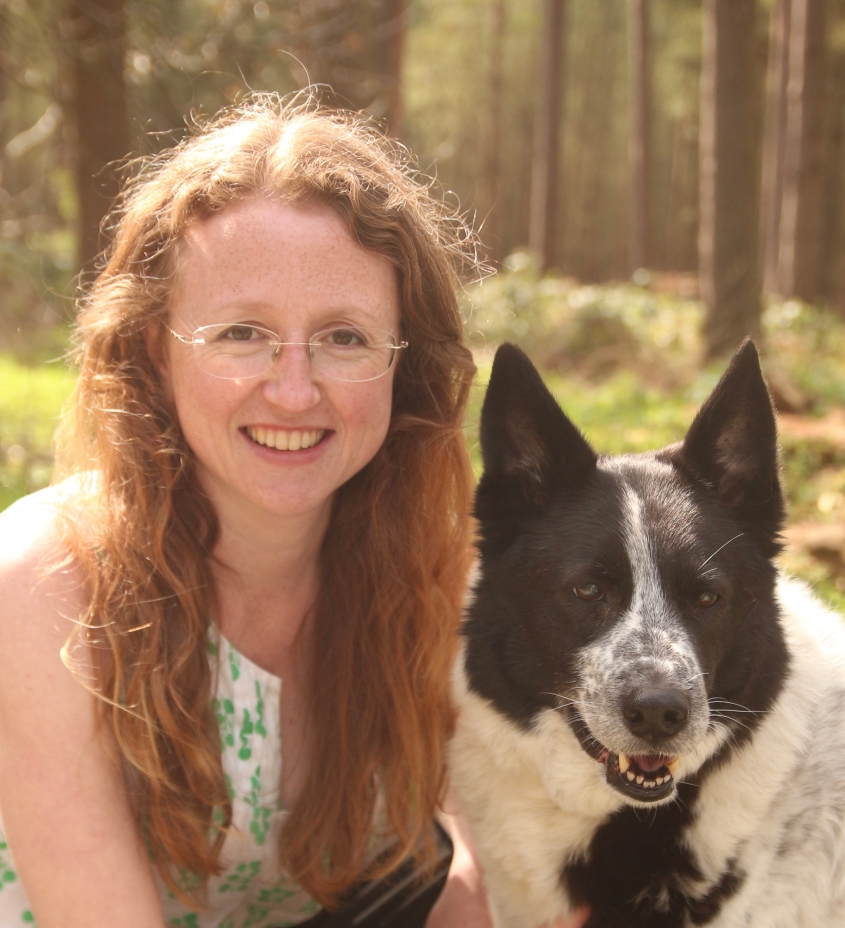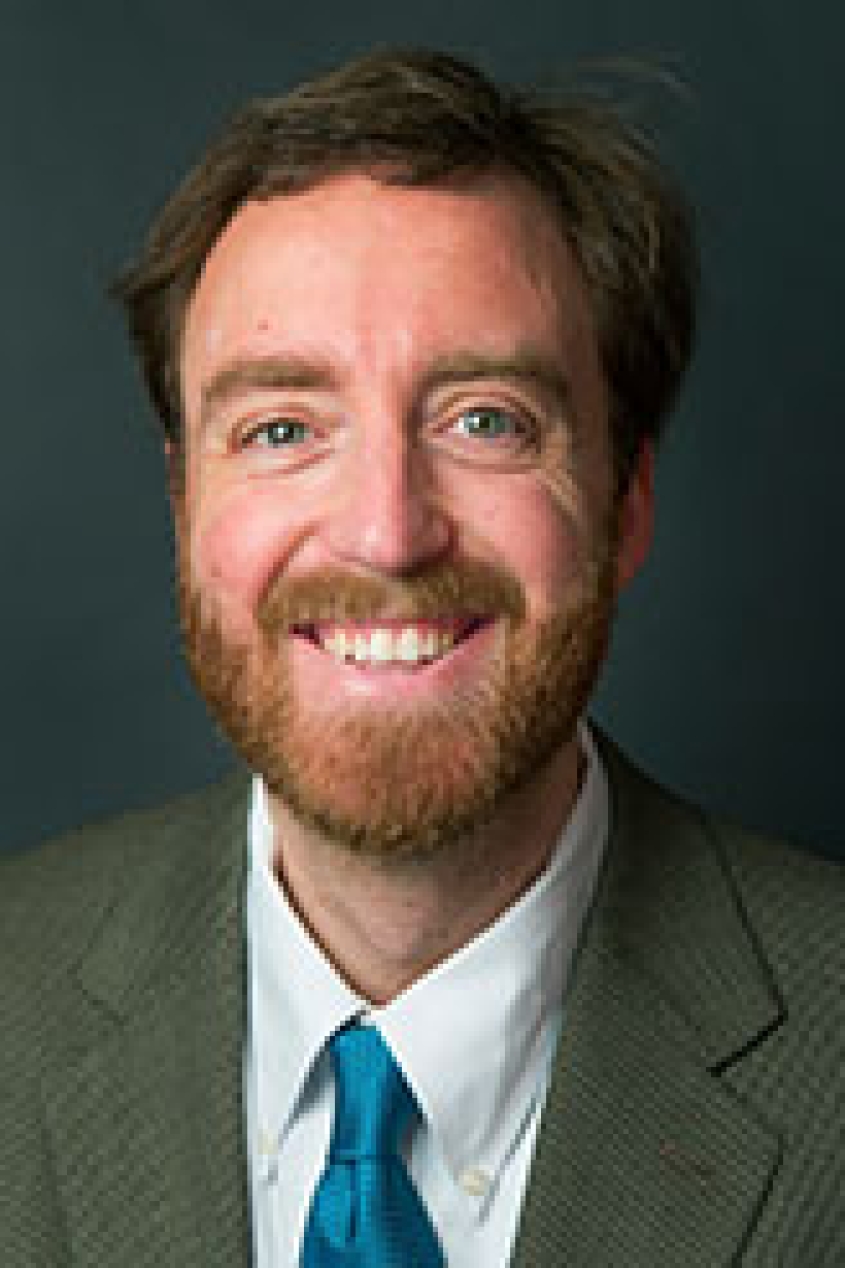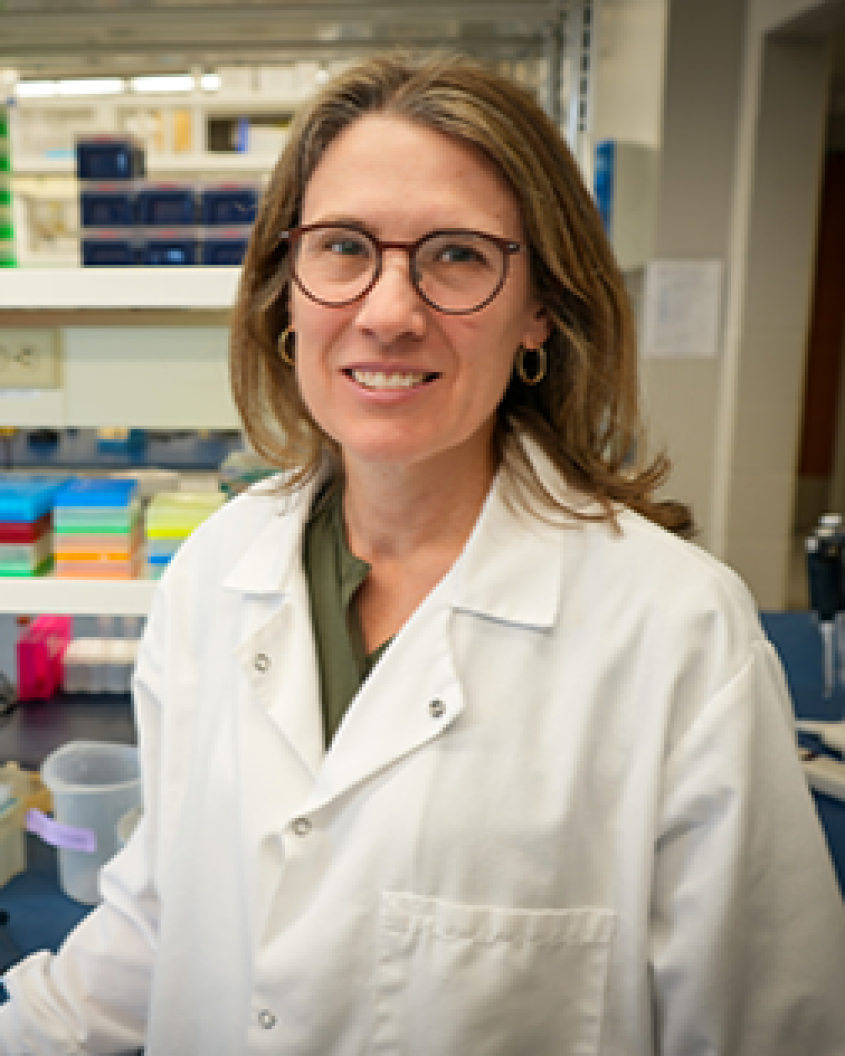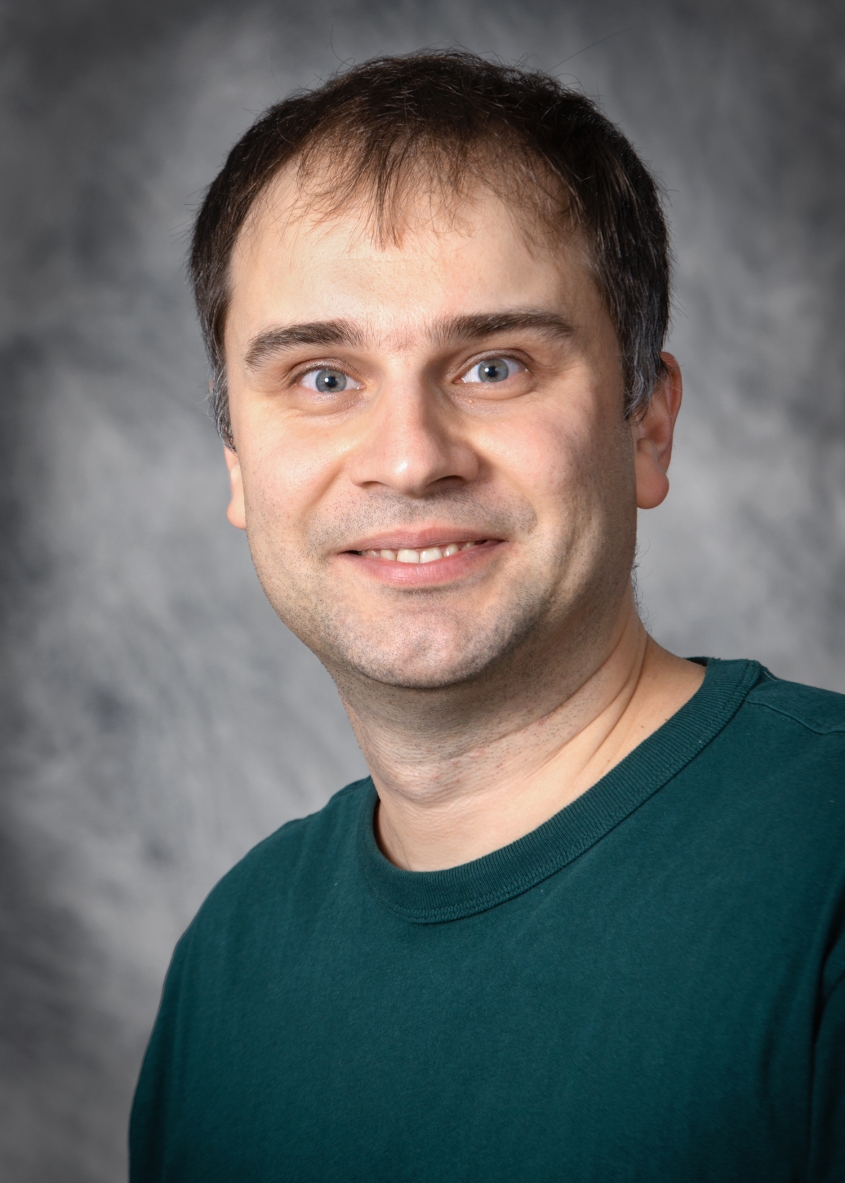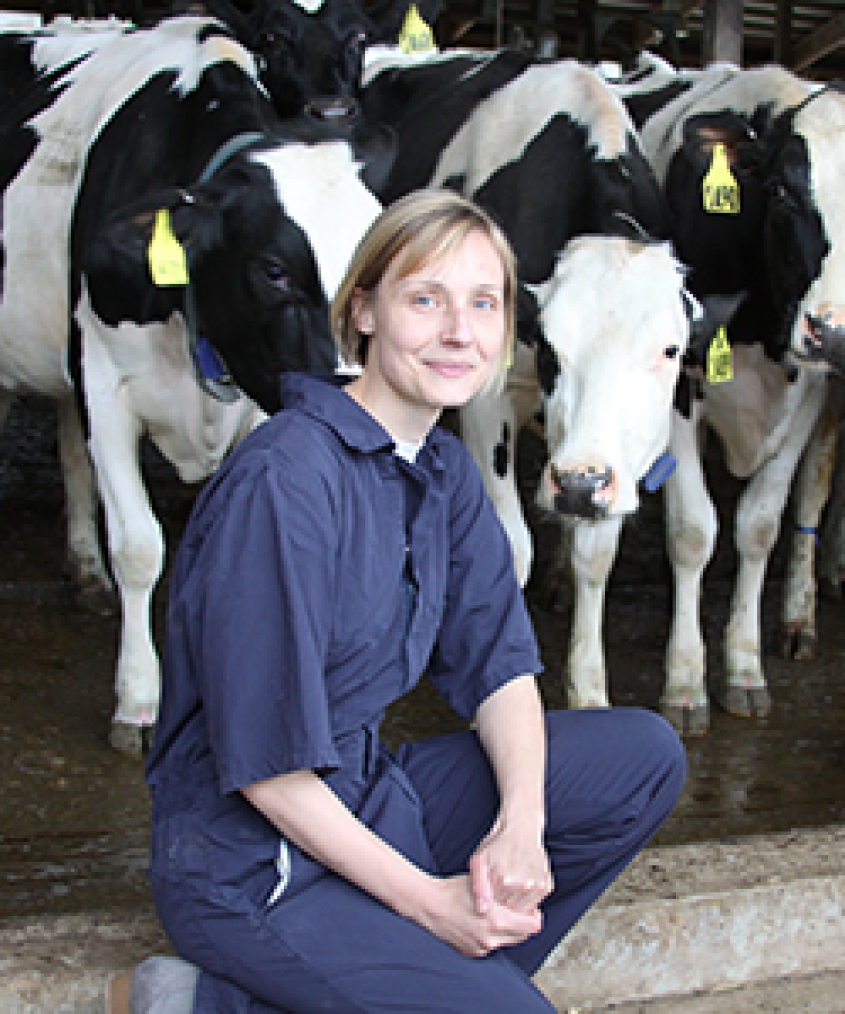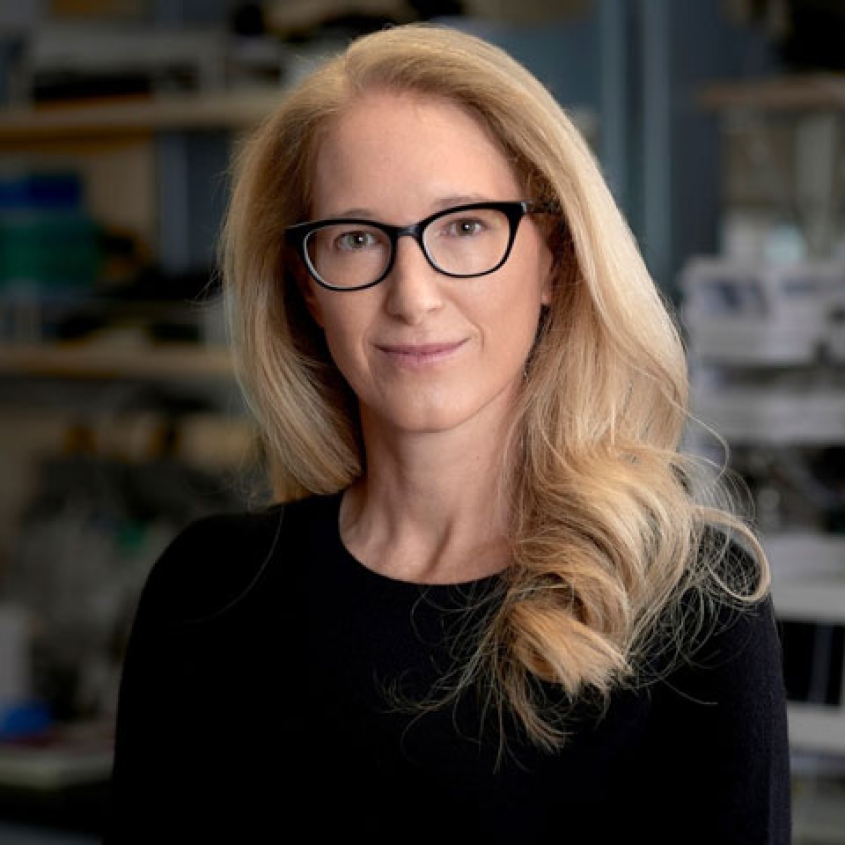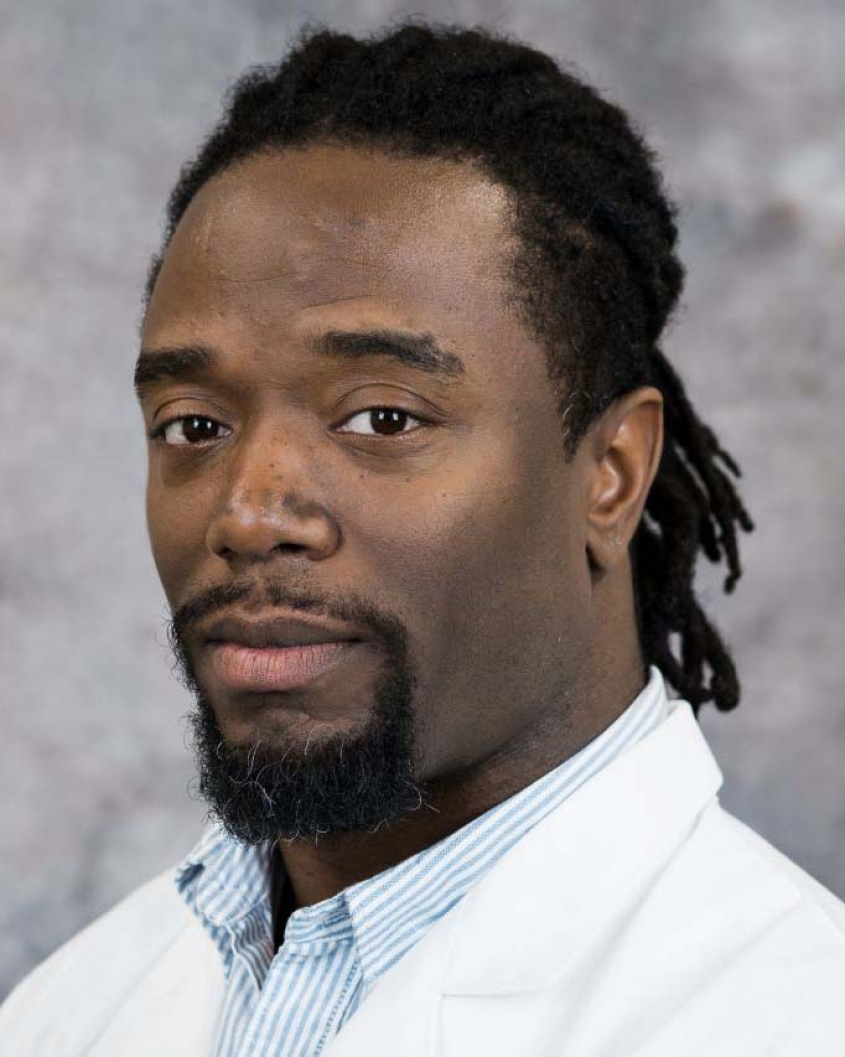Training is offered in a variety of disciplines. All of the participating faculty trainers are nationally competitive research scientists with current active external funding. All of the trainers are accomplished mentors. The research interests of each faculty member can be obtained by accessing their websites.
Prospective DVM seeking PhD students who wish to be considered for appointment should rotate through three laboratories of the participating faculty prior to settling on a home laboratory. Because of the nature of their scientific projects or their funding, not all faculty members within the BBS program are eligible to be trainers on this NIH-funded program.
Faculty wishing to be considered as Trainers should contact the Program Director, Dr. John S. Parker (jsp7@cornell.edu).
Participating Faculty
| Faculty Photo | Faculty Member Department Affiliation | Research Interests |
|---|---|---|
Population Medicine & Diagnostic Sciences | Regulation of Salmonella virulence within the intestinal environment | |
Biomedical Sciences | Genomic studies of the evolutionary forces that determine traits and disease in dogs | |
Microbiology and Immunology | Understanding the protective activity of non-neutralizing antibodies; unravel the negative activities of antiviral antibodies; maternal antibodies | |
Clinical Sciences | Epidemiology of zoonotic diseases, evidence-based medicine, and One-Health; developing methods to improve antimicrobial resistance surveillance and track multidrug resistance | |
 | Molecular Medicine | Characterizing signaling systems involved in cell growth, neurogenesis, and cancer |
 | Microbiology and Immunology | The Chang lab seeks to understand how the host immune system is regulated by the gut microbiota through their secretion of small molecule metabolites. The lab has two primary areas of interest: (1) the identification of metabolites produced by the gut microbiota that regulate the host immune system and, building on these discoveries, (2) the development of chemical tools to (a) modulate the immune response and (b) probe metabolic reactions catalyzed by the gut microbiome |
 | Biomedical Sciences | The Cohen lab studies mammalian meiosis and gametogenesis, with a focus on regulation of meiotic recombination by DNA repair protein complexes. They use mouse, human, and other mammalian systems to study the evolutionary control of these processes and the impact of genetic and environmental alterations on the genesis of meiotic errors across the animal kingdom. In addition, they are leveraging their unique insight into meiotic events to identify novel entry points for contraceptive targeting for men |
Public and Ecosystem Health | Application of epidemiologic approaches to investigate the ecology and transmission of Salmonella and other foodborne pathogens among a wide variety of hosts, ranging from dairy cattle to wild birds; overarching goals are to enhance food safety, improve health among animal populations, and mitigate the emergence and dissemination of antimicrobial resistance. | |
Biomedical Sciences at Baker Institute for Animal Health | Medical genetics and genomics and cancer biology research | |
 | Clinical Sciences | The Delco lab studies how injury leads to arthritis and related orthopedic diseases. Our focus is understanding the role of mitochondrial dysfunction in the initiation and early pathogenesis of disease in order to develop new strategies to improve healing after injury. |
Biomedical Sciences at Baker Institute for Animal Health | Processes for a healthy pregnancy and delivery of a neonate, pathologies that compromise pregnancy. Improve diagnostics and treatments for pregnancy conditions, primarily in the mare | |
 | Meinig School of Biomedical Engineering | Genomic medicine tools to monitor infectious and immune-related disease |
 | Population Medicine & Diagnostic Science | Molecular and basic aspects of virus-host interactions and viral vector and vaccine development |
Biomedical Sciences | Epithelial-Mesenchymal Transition as a driver of resistance to anti-tumor immunity | |
| Jacquelyn Evans | Hereditary diseases in dogs to identify genetic variants contributing to disease development | |
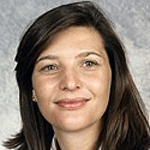 | Clinical Sciences | The study of developmental immunology, response to vaccines, and immunodeficiencies |
 | Population Medicine & Diagnostic Sciences | I am an environmental scientist and epidemiologist, and my research aims to understand the interactions among environmental change and livelihood, food, and nutrition security. My work is focused on global fisheries and the households that are reliant on the environment to access food and income. I use interdisciplinary methods and my work aims to foster a deeper understanding of how ecological and social systems interact, the ways communities and households adapt to and mitigate environmental change, and the links between human well being and ecological sustainability. |
 | Meinig School of Biomedical Engineering | Engineering approaches to study tumor stroma interactions in cancer |
Microbiology and Immunology | Human antibody response to viral pathogens; use immunologic and biochemistry assays and use structural biology techniques to “see” how antibodies bind and neutralize viral pathogens | |
Microbiology and Immunology | Regulation of immunity at tissue sites of infection and autoimmunity, immune imaging, intravital multiphoton microscopy | |
 | Public and Ecosystem Health | Pathogen discovery and surveillance, with focus areas on tick-borne disease and antimicrobial resistance; exploring the underlying mechanisms of infectious disease emergence and identifying biomarkers to detect and prevent emerging threats to humans and animals |
 | Molecular Biology and Genetics | Focus on post-transcriptional gene regulation, in particular the identity and function of animal microRNAs and other small RNAs |
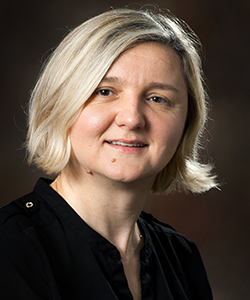 |
| Epidemiology and public health of infectious and foodborne diseases |
| Host-pathogen interactions with a specific emphasis on viral pathogenesis; association of novel viruses with clinical disease; use traditional pathology, molecular virology, and cell biology to study virus distribution, tissue tropism, and host factors required for disease progression | |
Molecular Medicine | Structure and function of membrane proteins mediating cell-cell communication in the nervous system | |
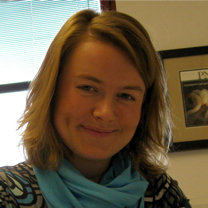 | Molecular Medicine | Vertebrate embryogenesis and genetics and morphogenesis of organogenesis |
Microbiology and Immunology | NK cells adaptive features to explore immune memory in context of classic antigen-dependent and antigen-independent memory responses. Multi-omic approaches with genetic mouse models to interrogate in vivo, in vitro, and in silico to generate an immune memory program | |
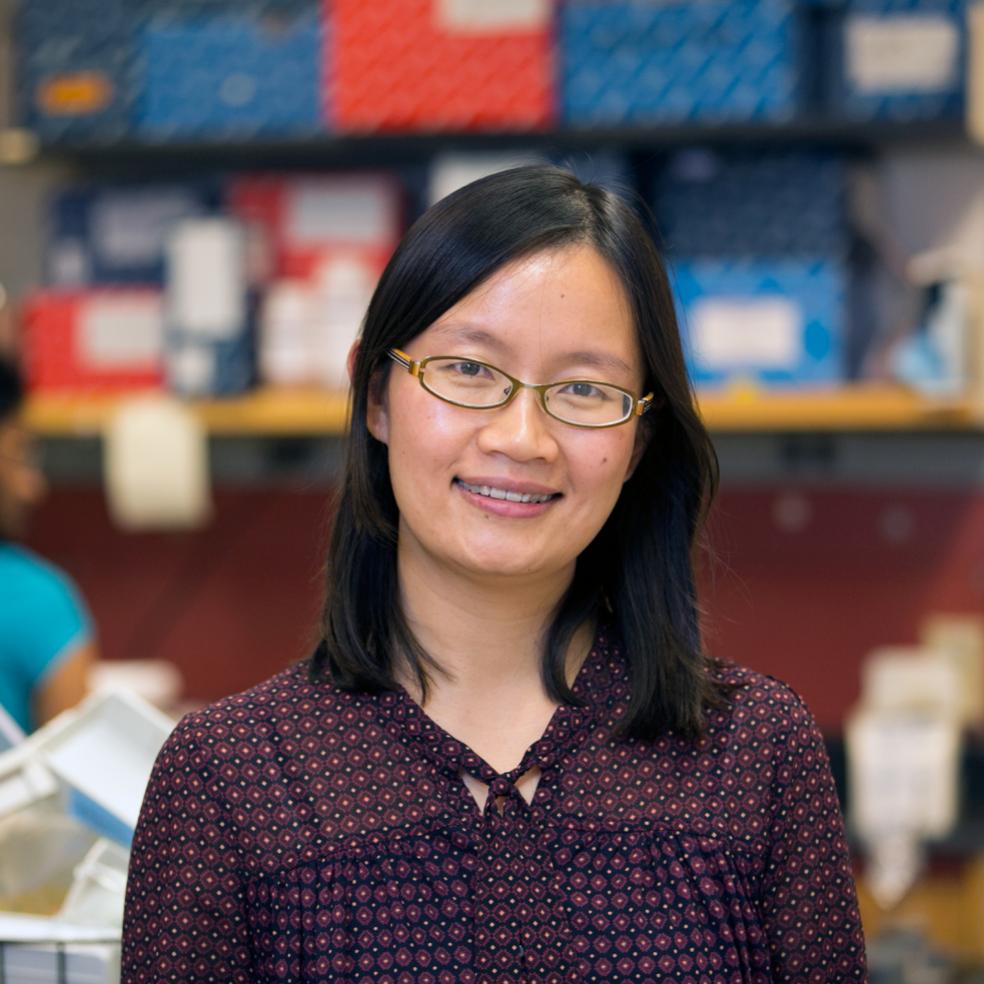 | Molecular Biology & Genetics | The Lee lab studies the molecular basis of aging and age-dependent pathologies. They use C. elegans to identify and functionally characterize the conserved molecular pathways important for longevity. Pathways identified in C. elegans are then explored in mammalian cells |
 | Microbiology and Immunology | Initiation and regulation of immune responses, Toll-like receptors (TLRs), immunoengineering approaches to regulate immune responses and vaccines, and mechanoregulation of TLR signaling. |
Population Medicine & Diagnostic Sciences | The Mann lab studies metabolism, physiology, and the interplay with nutritional immunology in transition phases. The lab aims to understand the beneficial as well as maladaptive mechanisms that operate during negative nutrient balance, with the goal of improving physiological and immune functions during stress | |
Population Medicine and Diagnostic Sciences | Epidemiology of periparturient diseases in dairy cattle; disease economics; on-farm methods for accurate disease diagnosis | |
 | Microbiology and Immunology | Th17 cells gained notoriety for driving autoimmune inflammation, but they are also important regulators of normal microbiota and healing at tissue barrier sites. Fascinated by how the immune system maintains balance, we study activation of Th17 cells and the functions of IL-17 during both beneficial and damaging immune responses. We have uncovered surprising roles for IL-17 acting on stromal cells in lymph nodes to promote antibody production and in some contexts reduce inflammation. Hence interactions between Th17 cells and fibroblastic reticular cells has become one of the major topics of interest in our lab. There is still much to discover, we are looking for curious minds to join us! |
Public and Ecosystem Health | Public health assessment, epidemiologic disease surveillance, data driven decision making, community mobilization, public health intervention planning, public health intervention and outcome evaluation, public health workforce capacity building: U.S., Africa, Asia, Caribbean | |
Clinical Sciences | The Mitchell Lab studies cardiovascular conditions, including valvular and myocardial dysfunction, congenital cardiac defects and arrhythmogenesis, particularly occurring in large animal species. | |
 | Biomedical Sciences | Stem cells and cancer; pathogenesis of ovarian and prostate cancers; modeling of human disease in genetically modified mice and human organoids |
Meinig School of Biomedical Engineering | The Nishimura lab studies the contribution of multiple physiological systems to complex dynamics during diseases with in vivo animal models using two- and three-photon imaging. On-going work includes innovation in methods to image disease in vivo, in the brain, the beating heart and the small intestine | |
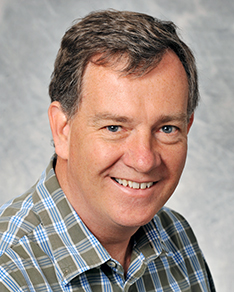 | Microbiology and Immunology & Baker Institute for Animal Health | Host-pathogen interactions of the mammalian orthoreoviruses and feline caliciviruses |
Microbiology and Immunology & Baker Institute for Animal Health | Studied pathogens that spill over from animals to people, the dynamics of zoonotic pathogens in wildlife populations, and pathogens that threaten wildlife conservation | |
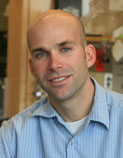 | Microbiology and Immunology | Mechanisms limiting the development of immunity in early life |
 | Microbiology and Immunology | The host/pathogen interplay in tuberculosis and HIV |
 | Meinig School of Biomedical Engineering | In vivo optical imaging to elucidate the cellular interactions that underlie neurological disease |
 | Microbiology and Immunology & | The Schang lab studies interactions between viruses and infected cells focused on uncovering commonalities among unrelated viruses by identifying or developing small molecules that inhibit the infectivity or replication of multiple viruses. The group has identified broad spectrum antiviral compounds active against multiple unrelated pathogenic viruses (including HSV-1 and 2, HCV, influenza A virus and emerging viruses such as Zika virus |
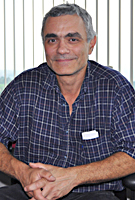 | Biomedical Sciences | Functional genomics of mammalian reproduction, development and cancer |
 | Animal Sciences | Cholesterol-mediated regulation of lipid metabolism in mammalian model systems to understand the pathophysiology of fatty liver disease and adiposity. By investigating both cellular mechanisms and integration of systemic regulation we aim to understand the basis of lipid/steroid homeostasis in animals and humans. |
 | Biomedical Sciences | The Sethupathy lab is focused on understanding the role of non-coding RNAs (in particular microRNAs) in genetic, microbial, dietary, and environmental control of metabolic health and disease. The disease areas of focus are diabetes, dyslipidemia, Crohn's disease, and liver/gastrointestinal cancers |
 | Molecular Medicine | Studies of the cellular pathways that alleviate oxidative stress |
Biomedical Sciences | The Simmons lab focuses on the role that lipids play in the regulation of inflammatory and other immunological processes in the tumor microenvironment. Using 3-Dimensional bioprinting technology, we are developing novel patient-derived in vitro tumor models for testing various therapeutic approaches in non-small cell lung carcinoma | |
 | Clinical Sciences | Interplay between enteric bacteria and the host that leads to inflammatory bowel disease |
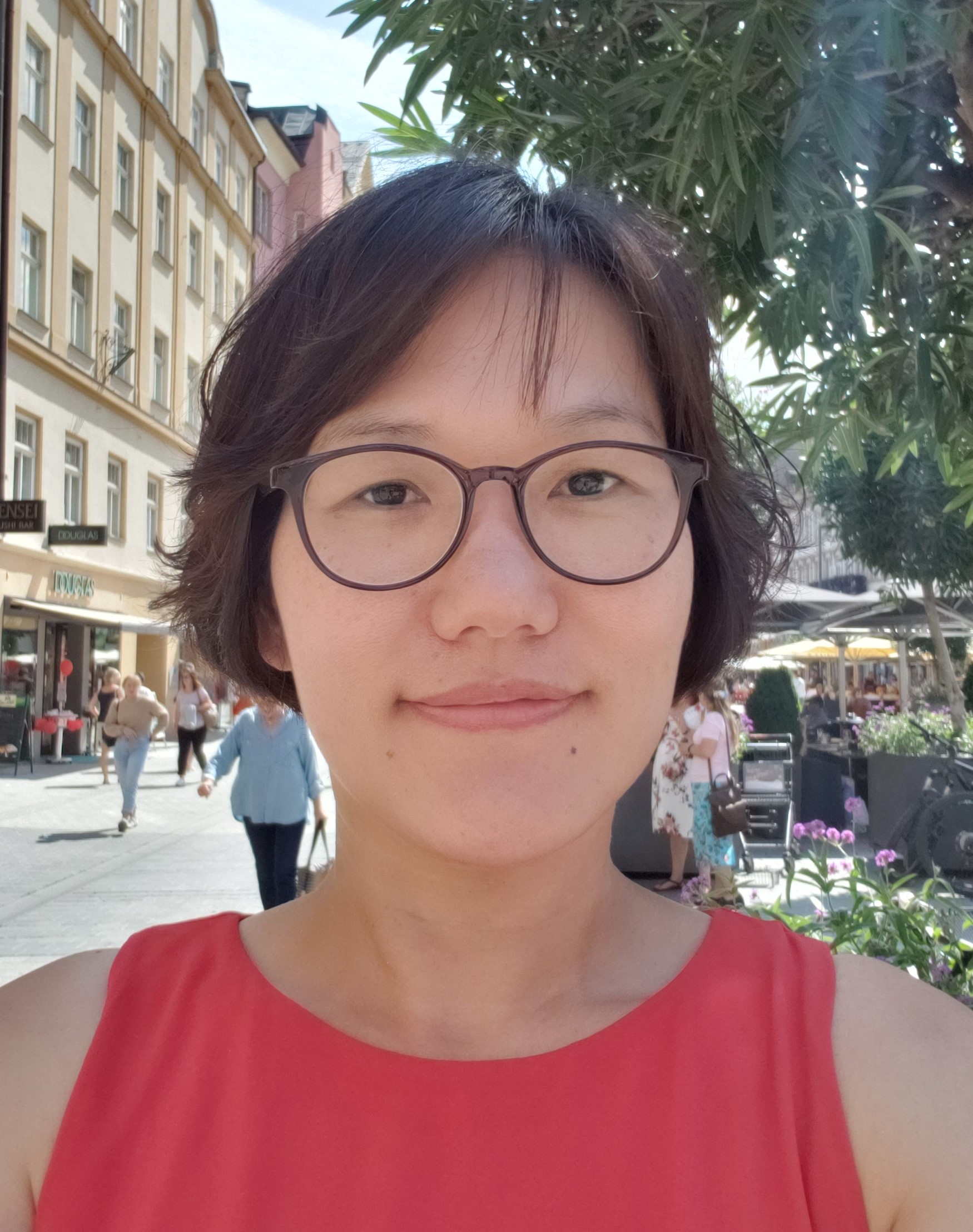 | Microbiology and Immunology | Salmonella A2B5 Toxins: Biology, Pathogenesis, and Neutralization |
 | Biomedical Sciences & | Fundamental cell biology of fertilization |
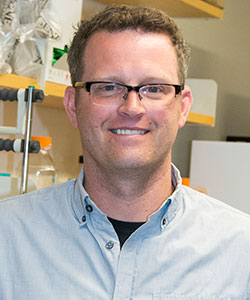 | Microbiology and Immunology | Physiology of the intracellular pathogen M. tuberculosis |
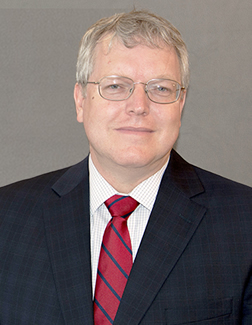 | Population Medicine & Diagnostic Sciences
| Emergence and dissemination of antimicrobial resistant enteric pathogens |
 | Biomedical Sciences | Genome maintenance mechanisms and metabolic pathways in cancer and other diseases |
 | Microbiology and Immunology | Pathogenesis of influenza viruses, coronaviruses and arenaviruses; host range and receptors; activation of membrane fusion; macrophage- and neuro-tropism; anti-viral therapeutics; diagnostic tests; virus-bacteria co-infections |
 | Biomedical Sciences | Understanding the role of adult stem cells in cancer initiation, cancer relapse, age-related decline in tissue homeostasis, and regenerative medicine |
 | Food Sciences | Microbial food safety; microbial food spoilage; Listeria monocytogenes; genomics and transcriptomics of food associated microbes |





